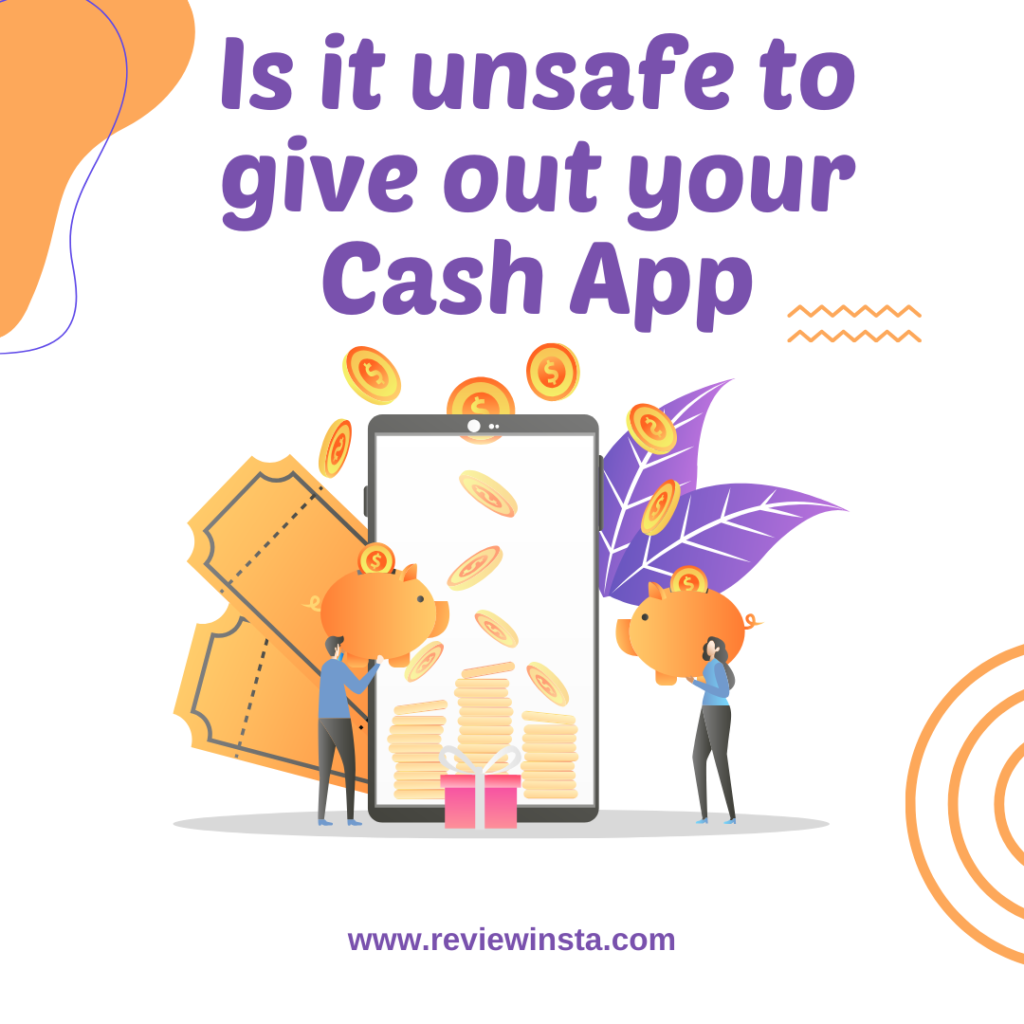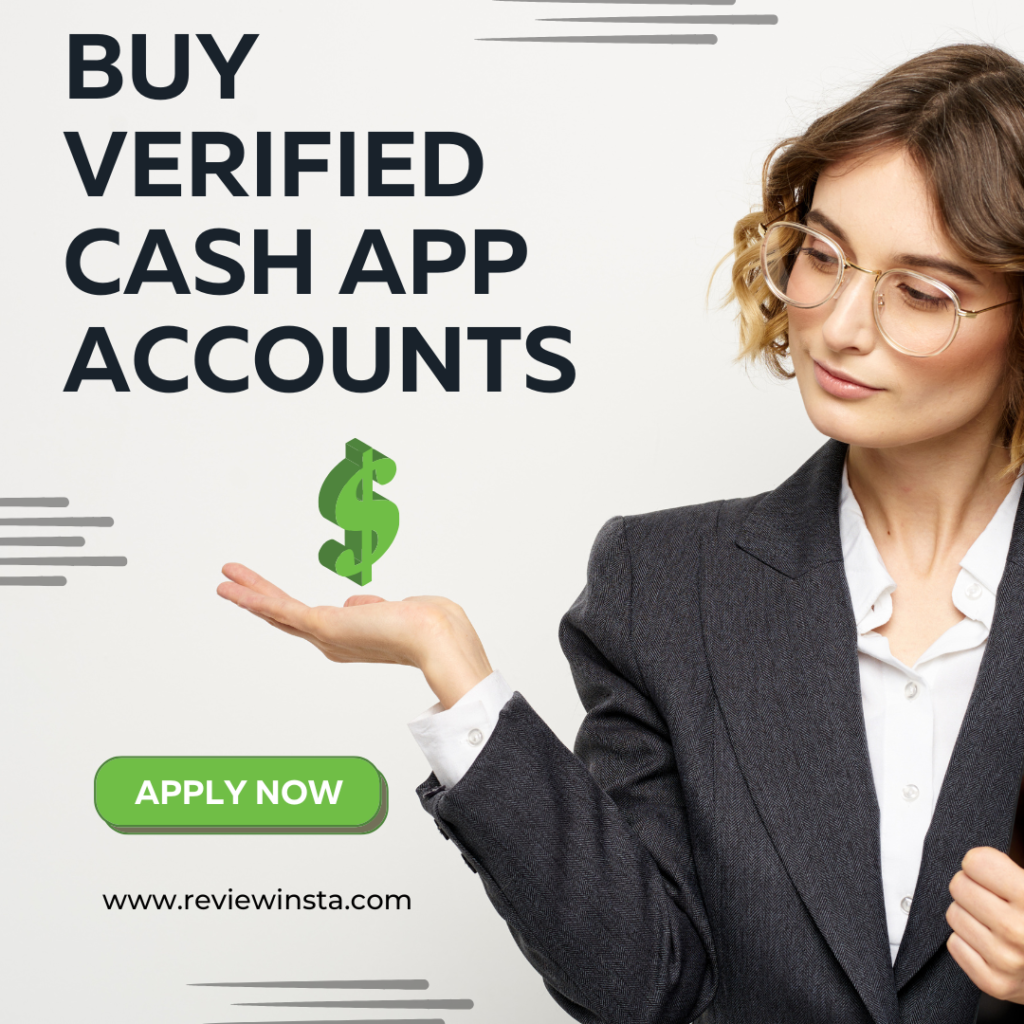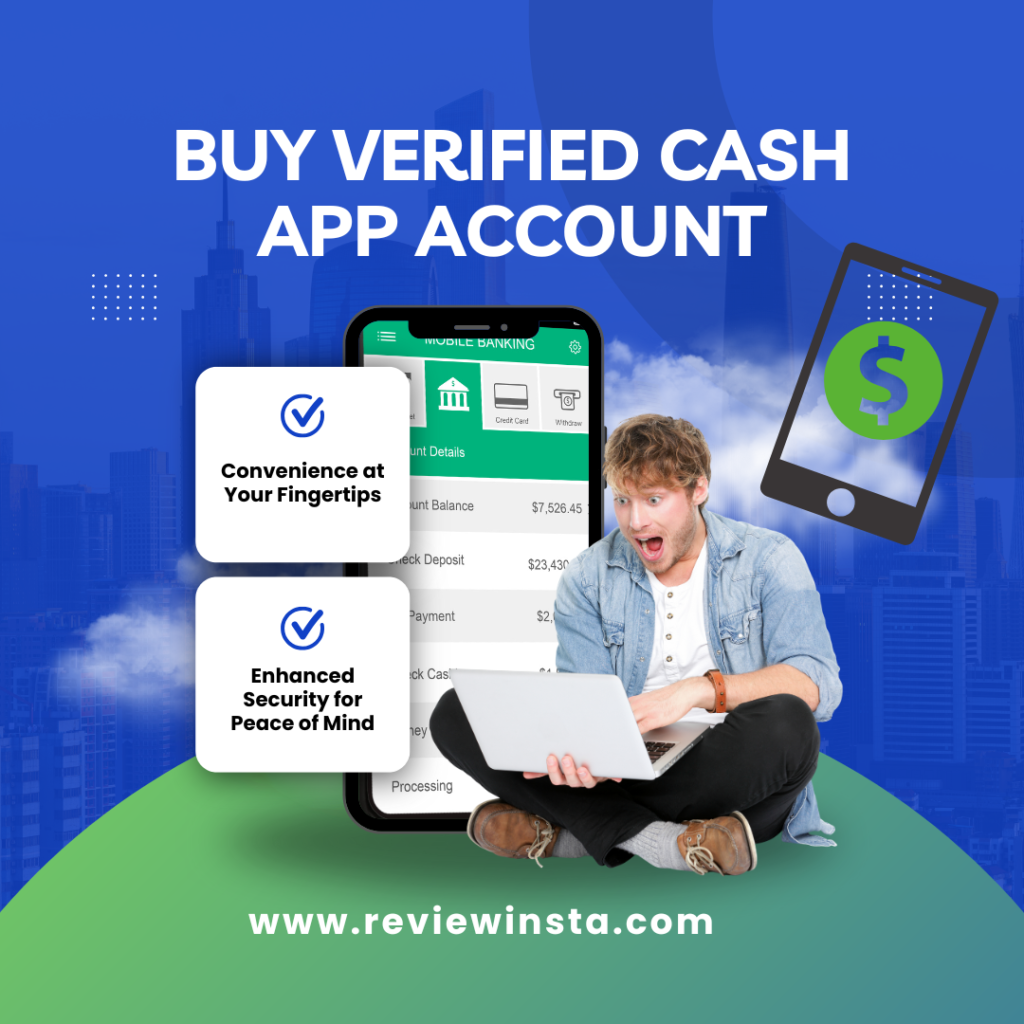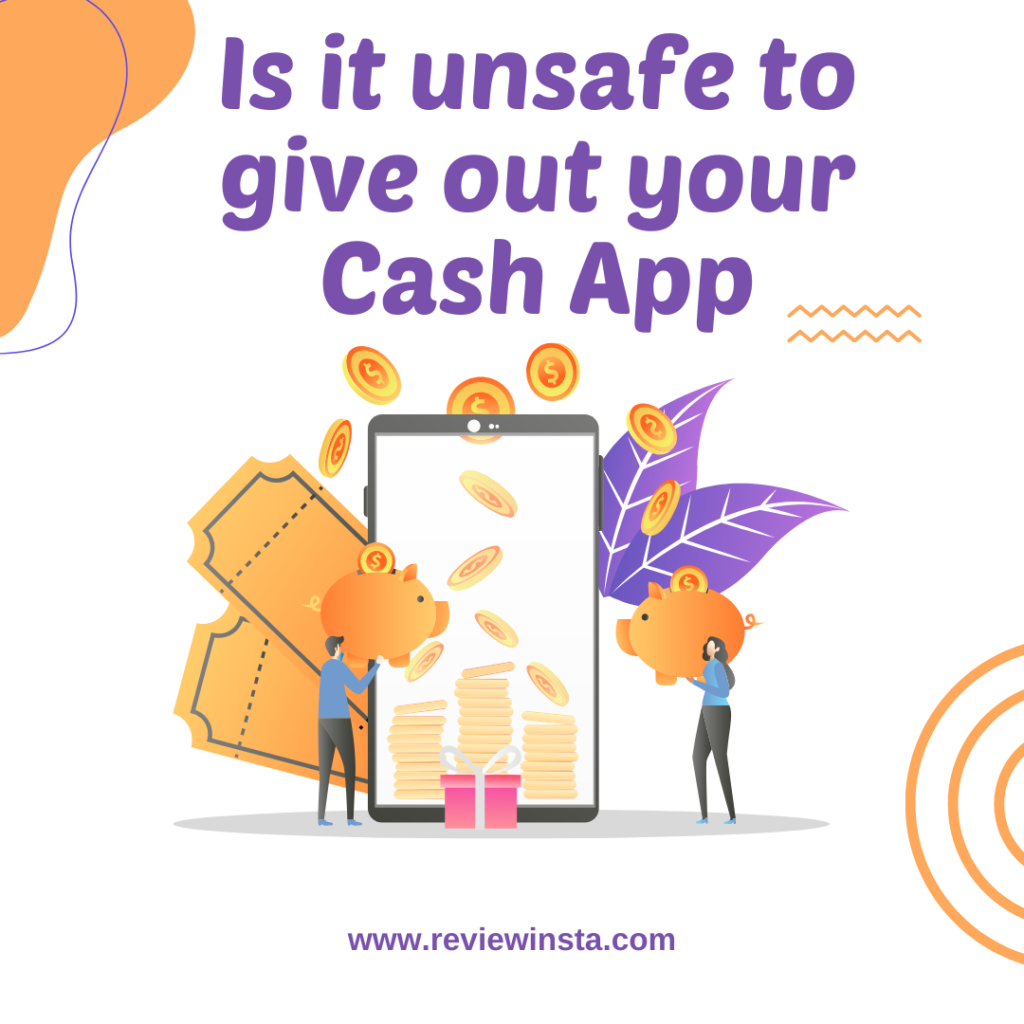Cash App is a peer-to-peer payment app that allows users to send and receive money and request money with the tap of a finger. But along with this ease also comes danger. In a world where online scams are becoming more common, this will explain whether giving out your Cash App information is unsafe, which details are safe to share, and what you need to do to secure your account.
Is it unsafe to give out your Cash App
Cash App is a popular mobile payment service that makes sending, receiving, and requesting money easy. While the app is convenient, sharing your Cash App information, even with friends or acquaintances, can sometimes lead to security risks. Explore the potential dangers of giving out your Cash App info, what is safe to share, and tips on protecting your account from scammers.
Everything You Must Know About What Does It Mean To Give Out Your Cash App
To provide context, when people say “give out your cash app,” they’re generally talking about sharing their account’s $Cashtag, email, or phone number. So here is a brief explanatory breakdown of what each of these pieces of information refers to:
$Cashtag—Your Own Unique Identifier, allowing anyone to send you money directly with this $ tag without other details. Sharing your $Cashtag with those you trust to receive money from is usually safe.
Email / Phone Number: Sometimes, individuals may even provide their registered email or phone number as they are unsure whether the person transferring their money uses Cash App. However, revealing this information does provide a more significant opportunity for you to be contacted or phished.
Sensitive Information (PIN, Password, Bank Account): You should never give these things. Nobody we deal with will ever ask for your PIN or password, and giving them this can lead to someone accessing your account.

The foremost step to safeguard your account is identifying the safe and unsafe to disclose.
The Psychology of Why People Give Up Their Cash App Information
People do have a genuine purpose to share Cash App info:
– Peer-to-Peer Transactions: The cash app is famous for making quick payments to friends or family.
Business Payments: Cash App may be used by small businesses or freelancers to receive client payments.
Fundraising and Donations**: Others may post their $Cashtag for donations or to raise money for causes.
This means only providing your Cash App information to reliable contacts or verified clients. Only publish on public platforms once you have a secure way to track and manage transactions.
Cruel Risks for Giving Your Cash App
There are a few risks when it comes to sharing Cash App information. Some of the more common ones are:
Potential for Scams and Fraud
Cash app users are often targets of scammers pretending to be from Cash app support or offering fake “get-rich-quick” schemes. If scammers obtain your Cash App info, they may attempt to persuade you to provide them with further information to access your money.
Account Hacking
At worst, scammers could use it for social engineering attacks against you, even if you only share limited info like your $Cashtag. Who, for instance, might send emails pretending to be Cash App support and request sensitive information to “verify your account.”
Privacy Risks
For instance, if you publicly share your Cash App details, you may receive spammy payment requests or unwanted messages that invade your privacy. Scammers also use social sites to find people’s Cash App info and try to fool them.

Red Flags to Watch Out For
Red flags are a tip-off to steer clear of scams. Below are some of the common signs of red flags you might want to look out for:
– Impersonating Cash App Support: You might be dealing with scammers who impersonate Cash App support and ask for your private information or specific payment to fix your “account problem” or something stupid. The support will never request your PIN, login credentials, or funds.
→Inquiries Related to Sensitive Information — *Cash App will never request your PIN, secret word, or complete separated statement data. Be cautious of anyone asking for that information.
Offers Too Good to Be True**—When someone promises you free money, a giveaway, or “money flips” where they double or triple your money, it is all but guaranteed to be a scam. Third parties do not get gifts, and the Cash app does not sponsor gifts or money-doubling controversies.
Keep Your Cash App Account Safe
The 5 Ways to Protect Your Cash App From Fraud first appeared on ReadWrite.
2FA (Two-Factor Authentication)
You are using two-factor authentication to add a layer of security. When 2FA is enabled, even if someone figures out your password, they will still need a unique code sent to your phone or email to get into your account.
Have Little Information to Share
Only give out your $Cashtag to people you know and trust. Do not post it publicly, e.g., on forums or social media, as scammers can detect new targets there.
Caution: Avoid Phishing sự ép buộc tạm thời
Fraudsters may send Cash App-emulating emails or texts. Always check who the email is from, and do not click on any links. Look at the sender’s domain, as fake emails are often made to steal your credentials.
You are never Posting Your $ tag in Public.
If you are using Cash App for business or donations, post your Cash App info in a group or a network that does not have strangers. Putting it out into the public domain via social media could lead to you receiving unwanted messages and scam attempts.
What To Do If You Believe There Is Fraud Or A Scam
So, what steps can you take if you think you have fallen prey to a scam?
Report the Incident: Cash App provides an in-app reporting feature for reporting fraud. You can inform Cash App of suspicious activity by selecting “Support” and “Report a Payment Issue.”
Steps To Protect Your Account:→: • Change your password and enable 2FA if unavailable. This minimizes the risk of scammers accessing your account.
– Query your deal records for strange actions. Report any unauthorized transactions immediately.

Question and Answers (Q and A)
Will my friends be able to steal my money if I tell them my $Cashtag? **
However, is it safe to share your $Cashtag with family and friends or trusted contacts? The answer is yes, but not other sensitive material like your PIN or password.
What Never To Give Out On Cash App **
Never disclose your PIN, password, or banking details. Cash App does not require this for typical transactions and will not request it.
Question:* How do I know when a Cash App request is real? *
Accept requests only from people you recognize or confirmed corporations. If you negotiate with cash requests or petty messages, get away and let the cash app know.
Q 2. What do I do when I suspect my Cash App account has been hacked? **
Change your password, make sure 2FA is on as soon as possible, and contact Cash app support to notify them of the suspected breach.
Conclusion
CashApp is a convenient option for sending and receiving money; however, security should be taken seriously. Ernest hopes readers can avoid seeking confidential information, identify typical scam methods, and implement good practices — such as two-factor authentication — to secure the account. Whether sending money to a friend or carrying out an online transaction, always exercise caution — and check your settings and transactions occasionally for a safe Cash App money transfer experience.

